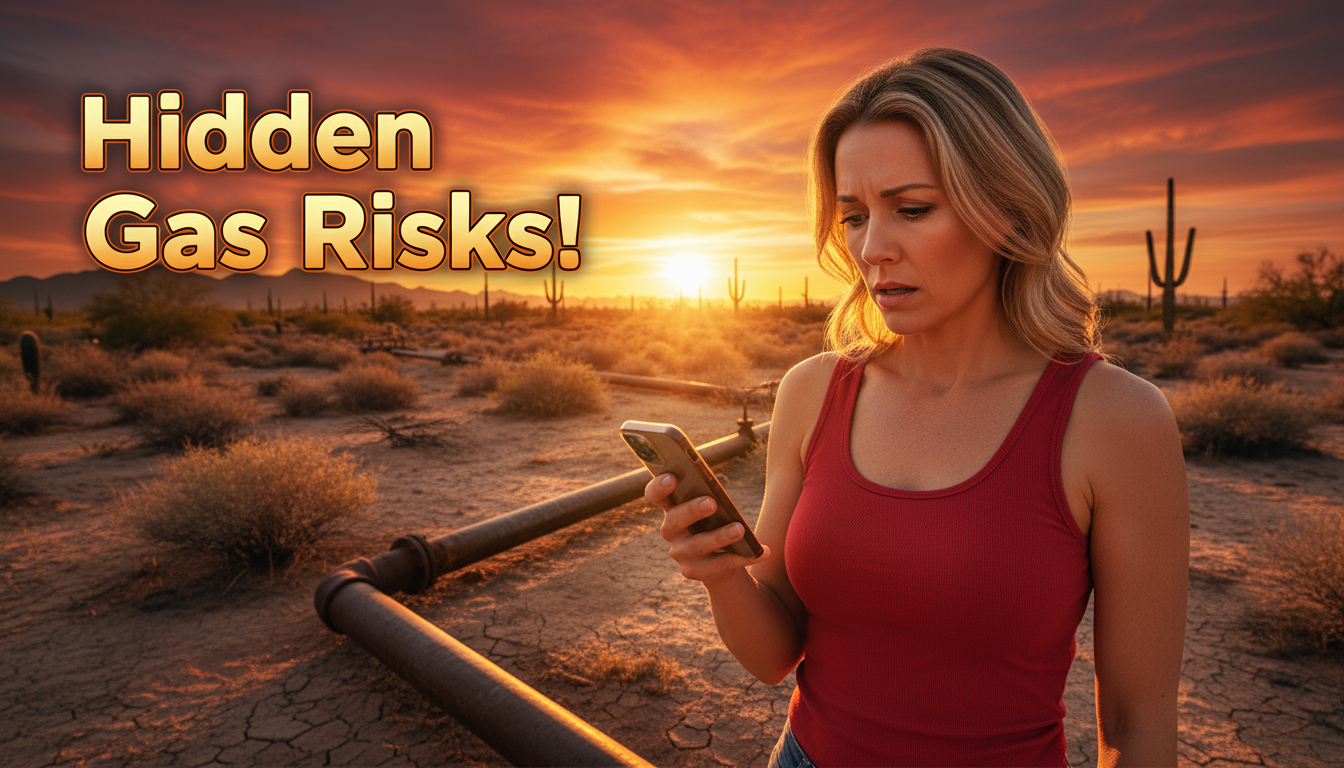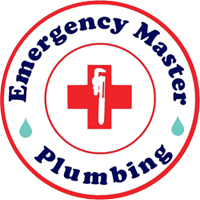

Gas line safety is crucial for Phoenix homeowners, where extreme heat and dry conditions can exacerbate risks like leaks or corrosion. This guide provides essential knowledge to help you identify issues, prevent problems, and ensure your family’s safety.
Understanding Gas Lines in Your Home
Gas lines are the pipelines that deliver natural gas or propane to appliances like stoves, water heaters, furnaces, and dryers in your Phoenix home. In Arizona, many households rely on natural gas supplied by utilities such as Southwest Gas, which powers about 2 million customers statewide. These lines can be buried underground from the street to your meter or run through walls and floors inside your property.
Homeowners should know the difference between main supply lines, which are the utility’s responsibility up to the meter, and the lines beyond that, which fall under your maintenance duties. In Phoenix’s arid climate, soil shifts due to temperature fluctuations can stress these pipes, leading to potential cracks over time. Regular awareness of your gas system’s layout, including shut-off valve locations, empowers you to act quickly in emergencies.
Gas lines are typically made of materials like steel, copper, or flexible corrugated stainless steel tubing (CSST). Older homes in areas like Central Phoenix or Scottsdale might have outdated black iron pipes prone to rust, while newer constructions often use more durable options. Understanding your system’s age and material helps in assessing vulnerability. For instance, if your home was built before 1990, it’s wise to inspect for corrosion, especially after monsoon seasons when moisture can accelerate decay.
Common Gas Line Problems in Phoenix
Phoenix’s unique environment presents specific challenges for gas line integrity. The intense summer heat, often exceeding 110°F, causes metal pipes to expand and contract, weakening joints and seals. Combined with the region’s low humidity and occasional dust storms, this can lead to accelerated wear.
One prevalent issue is corrosion from soil acidity or stray electrical currents, known as electrolytic corrosion. In neighborhoods like Glendale or Mesa, where groundwater levels vary, underground lines are at higher risk. Another problem is physical damage from landscaping or construction; homeowners digging without calling 811 (Arizona’s utility locating service) often hit buried lines, causing leaks.
Earthquakes, though rare in Arizona, can shift soil and damage lines, as seen in minor seismic events around the Valley. Rodent infestations, common in desert areas, may chew through flexible tubing. Over time, these factors contribute to gas leaks, which release methane—a potent greenhouse gas—and pose explosion risks.
Statistics from the Pipeline and Hazardous Materials Safety Administration (PHMSA) indicate that residential gas incidents in the U.S. result in hundreds of injuries annually, with climate-related factors playing a role in arid regions like ours. In Phoenix, the Fire Department responds to dozens of gas leak calls monthly, often linked to aging infrastructure.
Signs of Gas Line Issues
Detecting gas line problems early can prevent disasters. The most obvious sign is the smell of rotten eggs, added to odorless natural gas as a safety measure. If you notice this in your Phoenix home, evacuate immediately and call professionals—do not use lights or appliances that could spark.
Visual indicators include dead vegetation around outdoor lines, as leaking gas kills plants by displacing oxygen in the soil. Bubbling in standing water near pipes suggests an underground leak. Inside, listen for hissing sounds near appliances or meters, which signal escaping gas.
Other subtle signs are higher-than-usual gas bills, indicating inefficiency from leaks, or pilot lights that frequently extinguish. In Phoenix’s hot attics, where gas lines to HVAC systems run, condensation can form during rare humid periods, leading to rust—watch for discoloration on pipes.
Headaches, dizziness, or nausea among household members could point to low-level carbon monoxide exposure from faulty gas appliances connected to compromised lines. Pets may show distress first, acting lethargic or avoiding certain areas. Regular checks, especially before the summer cooling season, help spot these issues.
Preventive Maintenance Tips
Proactive maintenance is key to gas line safety in Phoenix. Start with annual inspections by a licensed plumber, who can pressure-test lines and check for corrosion. Schedule these in spring to avoid peak summer demand.
Install gas detectors similar to smoke alarms; place them near sleeping areas and appliances. These devices alert you to leaks at concentrations as low as 10% of the lower explosive limit. In Arizona, where homes often have gas fireplaces or pools heated by propane, ensure detectors cover all relevant zones.
Protect outdoor lines by marking their locations and avoiding heavy equipment nearby. During monsoon season, clear debris from meters to prevent blockages. For indoor lines, secure appliances to prevent movement that could strain connections, and never hang items from pipes.
Educate your family on emergency procedures: Know the main shut-off valve, usually at the meter, and practice turning it off. Replace flexible connectors every 10 years, as they degrade faster in heat. If renovating, opt for modern materials like CSST with proper bonding to reduce lightning strike risks—common in Phoenix thunderstorms.
Energy efficiency ties into safety; insulating lines in unconditioned spaces prevents condensation-related issues. Follow Arizona Corporation Commission guidelines for safe gas usage, and consider smart home integrations like automatic shut-off valves for added protection.
What to Do in Case of a Gas Leak
If you suspect a gas leak, act fast to minimize risks. First, evacuate everyone, including pets, without using electronics—sparks can ignite gas. From a safe distance, call 911 and your gas utility (Southwest Gas at 877-860-6020 for emergencies).
Do not re-enter the building until professionals declare it safe. If accessible from outside, shut off the gas at the meter by turning the valve a quarter turn. Avoid driving near the area, as vehicle exhaust could ignite fumes.
In Phoenix, where temperatures can soar, leaks in outdoor lines might disperse quickly in wind, but indoor accumulations are dangerous. If you smell gas while driving, roll down windows and exit the vehicle safely.
Post-incident, have a professional inspect and repair. Document everything for insurance claims, as leaks can cause property damage. Community resources like the Phoenix Fire Department’s safety programs offer free leak detection workshops—participate to stay informed.
Professional Services and When to Call
While DIY checks are helpful, gas line work requires experts due to the hazards involved. Call professionals for installations, repairs, or if you notice any warning signs. In Phoenix, licensed plumbers must comply with state regulations, ensuring safe handling of pressurized systems.
Routine services include line locating, pressure testing, and upgrades to earthquake-resistant fittings. For emergencies, 24/7 availability is essential, as leaks don’t wait for business hours.
When selecting a service, look for certifications from organizations like the Plumbing-Heating-Cooling Contractors Association. Reviews and local references build trust—opt for companies with proven Phoenix experience.
Why Choose Emergency Master Plumbing & Air
For reliable gas line services in Phoenix, Arizona, consider Emergency Master Plumbing & Air. With years of expertise in handling local climate challenges, they offer comprehensive inspections, repairs, and emergency responses. Contact them at 623-584-4706 for prompt, professional assistance to keep your home safe.
